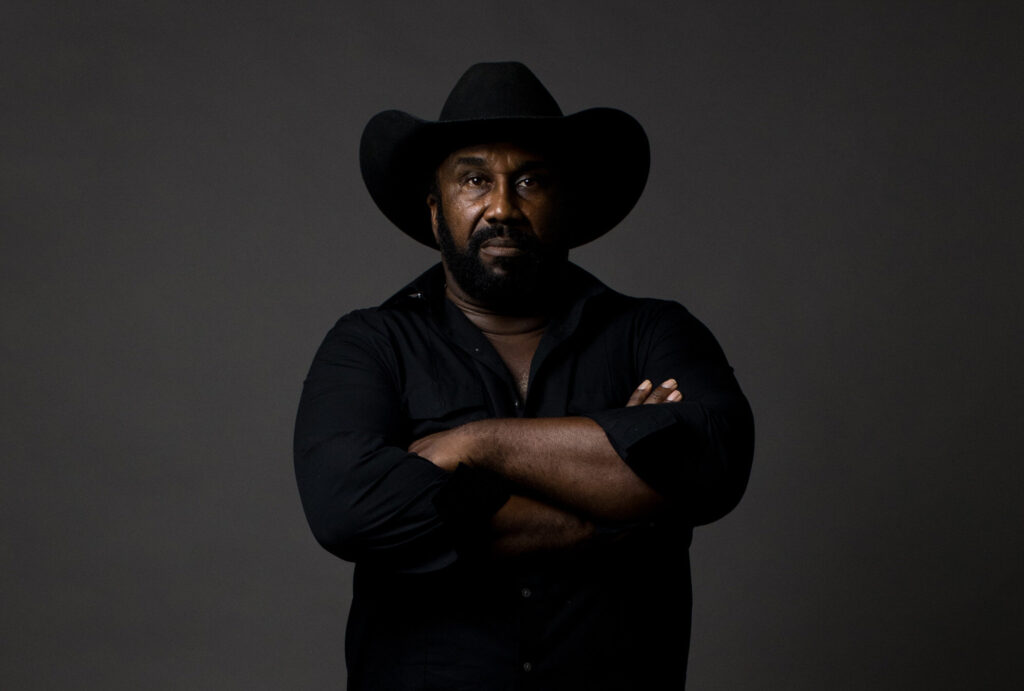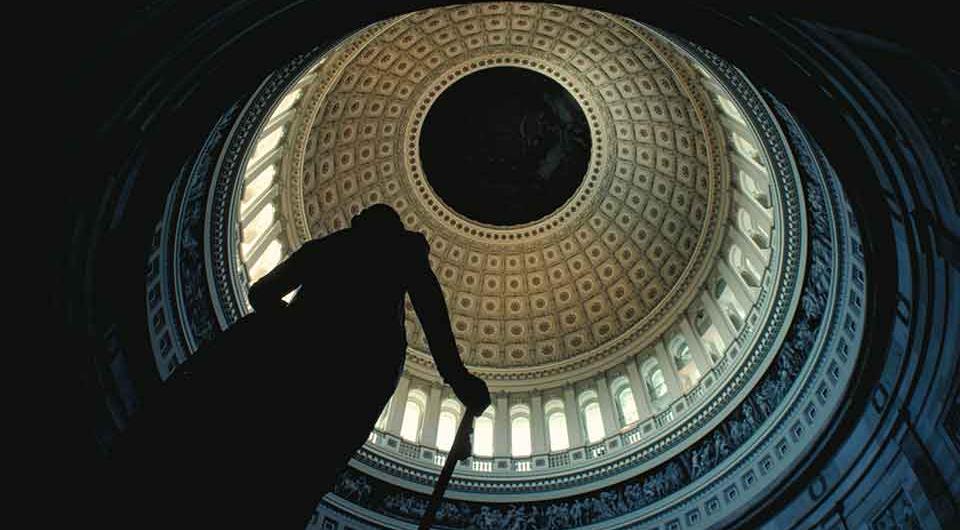RFK Jr. wants to give $5 billion that was promised to thousands of farmers through litigation who were discriminated against by the USDA.
The New York Post published an article titled “RFK Jr. says he would give black farmers $5B in reparations — despite ruling that it’s unconstitutional,” which is misleading. Their own citation leads you to an article of theirs that says, “Judge William Griesbach issued a temporary restraining order Thursday halting the program while the case is decided.” This was not a final ruling.
This program was never intended to give money to farmers solely based on their skin color. It was to give money to farmers who were actually discriminated against for years that resulted in a loss of their farm land.
Context
In the podcast, John Boyd detailed the systemic discrimination black farmers faced from the USDA. Historically, black farmers were denied loans and support that white farmers received, leading to widespread foreclosure and loss of black-owned farmland.
Boyd emphasized that this discrimination was not just historical but continued well into recent decades.
The National Black Farmers Association (NBFA) outlines this history of discrimination in detail. In 1920, 14% of farms were black-owned, but today, only 1.7% are. Additionally, black-owned farms disproportionately receive less government funding, obtaining only 0.6% of the total funds given to farms.
Boyd mentioned that in 1997, two lawsuits were filed against the USDA for this discriminatory treatment. These lawsuits resulted in settlements that promised injunctive relief and debt relief for black farmers. However, despite these promises, the black farmers did not receive the promised land and debt relief.

John Boyd, an African American farmer and founder of the National Black Farmers Association, sums up the situation on RFk Jr.’s podcast:
“You know, here we have a debt relief measure that passed. It passed under the American Rescue Plan for $5 billion.
And then after it passed, USDA kind of dragged its feet on implementing the $5 billion, you know, getting it out to the 16,000 eligible farmers.
So USDA already know who the farmers are, already know what the amounts are supposed to be provided debt relief and they dragged their feet to do it.
They drag their feet and then we wind up white farm that started suing us in federal court around the country and Texas and then Florida and all around and how to organize our monies to defend ourselves in those courts.
And finally, after we won one or two motions in federal court, the administration repealed it by another act of Congress and the IRA bill spending bill.
So they took it all away while I was in court fighting. And here we sit in front of you.
We didn’t get the debt relief and it’s going on for decades, you know, and what I want to explain to people, I don’t want people to look at this and say these farmers want them, they give them something.
That’s not the case.
We were promised U.S. debt relief back from the 90s. We didn’t get it in two settlements. I turned to Congress in 2016.
It stripped the language, wound up getting it in 2021. And then Congress, this administration, this president repealed it by an act of Congress and they haven’t spoken the words debt relief to black and other farmers of color since they repealed it.”

Legislative Efforts and Broken Promises
Boyd also discussed the Claims Remedy Act, sponsored by Senator Ted Kennedy, which provided $1.25 billion for black farmers. Despite this legislation, black farmers have continued to struggle due to unfulfilled promises from the USDA and the federal government.
In 2021, under the American Rescue Plan, $5 billion was allocated for debt relief for black and other farmers of color. Boyd put out a statement when the act was passed, saying, “The American Rescue Plan Act of 2021 will help address the ongoing effects of discrimination by reducing the risk of foreclosure and increasing access to credit.”
However, the USDA delayed the implementation of this debt relief, and subsequent lawsuits by white farmers led to further complications. Eventually, the relief was repealed by Congress under President Biden’s administration, leaving black farmers without the promised support.
Misunderstood Term: Reparations
The term “reparations” is often overused and watered down. This is not the reparations that is used in the modern way. This is not giving money to people just because of skin color.
In this context, the $5 billion is not about providing new entitlements but about fulfilling court-ordered payments for past discrimination cases that were never fully resolved.
Many payouts were not fulfilled because the statute of limitations lapsed by the time these farmers saw their day in court. Boyd is seeking reparations specifically for the actual discrimination he and other minority farmers experienced with the USDA.
John Boyd shared a firsthand account of the discrimination he experienced:
“Farmers need operating loans every year to plant and harvest on time. So I’m no different.
I’m trying to get a farm operating loan and, and one particular year I was in the office and I was trying to get $5,000.
I was down. I went from, I started at 20 and by the time I left the session, I said, ‘Look, can I just get $5,000 farm operating?’ And he says no.
And here comes Farmer Earl, a white farmer.
He walks into the office, he greets him as Earl and his whole voice and demeanor changed when Earl came in. ‘Hey Earl.’ And like they were friends, he passes Farmer Earl a check for $157,000.”
Boyd further described another instance of discrimination:
“I had a poultry contract where USDA were taking the payments out of my check and was supposed to be giving me credit on my loans.
No one knows what happened to the money.
I got no credit on my loans and I wound up in farm foreclosure. And when they investigated him and asked him what happened to Mr. Boyd’s monies that Purdue Farms were sending every week, he said, ‘Well, I accidentally applied them to another poultry farmer’s assignment account.'”

RFK Jr.’s Position
RFK Jr. expressed his commitment to addressing these injustices if elected president. He emphasized that the $5 billion is not a new entitlement:
“I’m going to get rid of those people in USDA and get that money.
That 5 billion is not money that is an entitlement, it’s money that was a loan that black farmers were entitled to way back then and was stolen from them through discrimination.
You know, you, you can testify that it was personally stolen from you and that’s what the court found.
If you were white you got it, but if you were black, you wouldn’t get it.”
Conclusion
The New York Post’s headline mischaracterizes RFK Jr.’s stance. He did not propose unconstitutional reparations; rather, he highlighted the need to fulfill past promises of debt relief to black farmers who suffered from actual discrimination. This distinction is crucial for understanding his position and the broader context of the historical injustices faced by black farmers in the United States.
For more information, you can listen to the full podcast episode where RFK Jr. and John Boyd discuss these issues in detail.